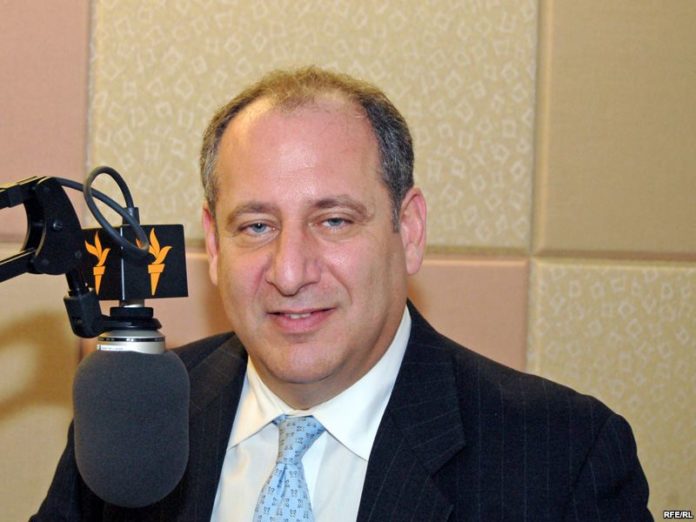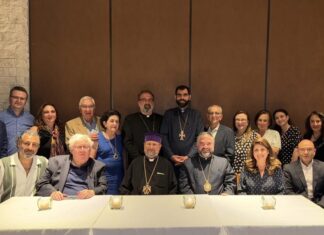NEW YORK (Agos) — David L. Phillips, the Director of the Program on Peace-building and Rights at Columbia University’s Institute for the Study of Human Rights, was interviewed last week about the developments around the triangle of Turkey-US-Middle East, a subject covered more in depth in his recent book, An Uncertain Ally: Turkey under Erdogan’s Dictatorship. In addition, between 2001 and 2004, he served as the chairman of the Turkish Armenian Reconciliation Commission (TARC).
Phillips has served as a foreign affairs expert and Senior Adviser to the US Department of State during the administrations of Presidents Clinton, Bush and Obama. In addition to writing for the Huffington Post about the Kurdish question, Turkish politics and fighting ISIS, Philips worked as an adviser in the internationally known think-tank Atlantic Council and as an adviser to the White House concerning Middle East Balkans.
Phillips was interviewed last week on Turkey’s current political situation and foreign policy approach, the US-Turkey relations under Trump administration, US security interests regarding Kurdish unity and the future of the Artsakh (Karabakh) conflict and Turkey-Armenia relations.
What are your thoughts regarding today’s Turkey? How would you explain what is happening in Turkey right now?
If NATO [North Atlantic Treaty Organization] were being established today, Turkey would not be eligible to join. President Tayyip Erdogan has revealed his true face as an Islamist who is anti-American, anti-European and who undermines NATO. NATO is more than a security alliance. It is a coalition of countries with shared values. More journalists are jailed today in Turkey than any other country. Recent events during which legitimately-elected members of the parliament were arrested, denied free speech, and deprived of other rights are indicators of Turkey’s departure from the democratic mainstream. Using ministers for partisan political lobbying is not welcome in Europe.








